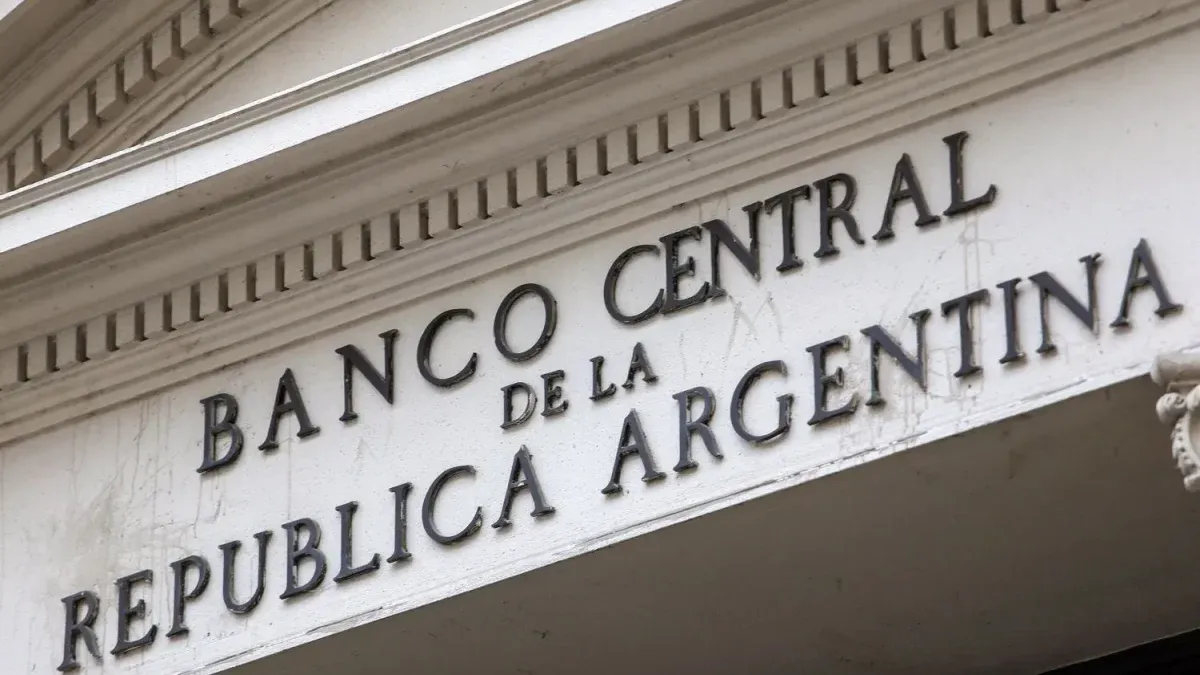Given the lower attractiveness of series 3 of the BOPREAL, the BCRA authorized importers not registered in the commercial debt registry to participate.
The Central Bank opened this Wednesday the third tender of BOPREAL series 3the instrument he designed to channel part of the stock of commercial debt prior to the change of government, absorb pesos and dollarize a portion of its remunerated liabilities in the change towards the opening of the exchange rate. Due to its own characteristics, added to the reduction of the exchange gap, Subscription of this series by importers is slower. In fact, to try to shore up its placement, the BCRA relaxed a requirement to participate in the auction. Can the reduction in the interest rate applied this week be read in the same sense?
The content you want to access is exclusive to subscribers.
In the first two tenders, The BCRA managed to place only US$792 million of the US$3,000 million planned for series 3. That is, there is a remainder of US$2,208 million to be placed. The official intention is, with this series, to complete the US$10 billion scheduled to be channeled through the different variants of the dollar bonus for importers that is subscribed with pesos.


Theseries 3 of BOPREAL expires in May 2026, will be paid in three quarterly installments starting in November 2025 and will yield a rate in dollars of 3% annually. Due to its characteristics, it is the least attractive for the market. On the one hand, it has longer amortization periods than series 2 (which has received foreign exchange flow since the middle of this year) and, on the other, it does not include the tax benefits of the first (which did not pay PAIS tax and can be used to cancel obligations with the AFIP).
As a result of these difficulties, the entity chaired by SAntiago Bausili decided to remove one of the requirements Until now, importers had to participate in BOPREAL auctions: to be registered in the Register of Commercial Debts for Imports with Foreign Suppliers prepared by the AFIP and the Ministry of Commerce. That is to say, from this tender (which will end this Thursday), those who had liabilities prior to December 12 but who have not been registered in that registry can also participate.
BOPREAL, rate and exchange gap
Another factor that played against BOPREAL’s demand in recent weeks is the compression of the exchange gap. The fall in financial dollars during February (driven by the supply in the cash market with liquidation generated by the blend dollar for exporters and the lack of demand due to the liquefaction of the economy’s pesos) made it less attractive.
There is a trade off. When the gap grows, the implicit exchange rate that importers access through BOPREAL to pay their suppliers improves with respect to the CCL. On the contrary, when it drops, it becomes more convenient to buy currencies in the financial market than to do so via a BOPREAL subscription.
Thus, different operators point out that the decision to lower the interest rate reference from 100% annual nominal to 80% can affect this dynamic. Because? The lower yield on placements in pesos (despite the fact that it was already negative) may result in greater demand for foreign currency.
It is something that was already reflected in the rebound of the parallel dollars on Tuesday. For example, the CCL rebounded 4.5% yesterday to $1,067 after being on the verge of breaking through the $1,000 floor. However, this Wednesday the rebound did not continue and the “liqui” was trading lower at the close of this note. The truth is that, to make the 3 series more attractive, a much higher CCL increase could be needed.
Furthermore, the reduction in the rate of overnight repos seems to be aimed at another primary objective for the Government’s plans: to keep the blender of the BCRA’s paid liabilities (and therefore the savings of Argentines) running at full speed. ), a strategy aimed at paving the way for lifting the exchange rate. An exit from the trap that the Government aims to achieve as soon as possible, although now both Javier Milei and Luis Caputo say that they do not want to rush and that they will take the step when the liquefaction and recovery of the reserves predict a smooth process.
Source: Ambito




